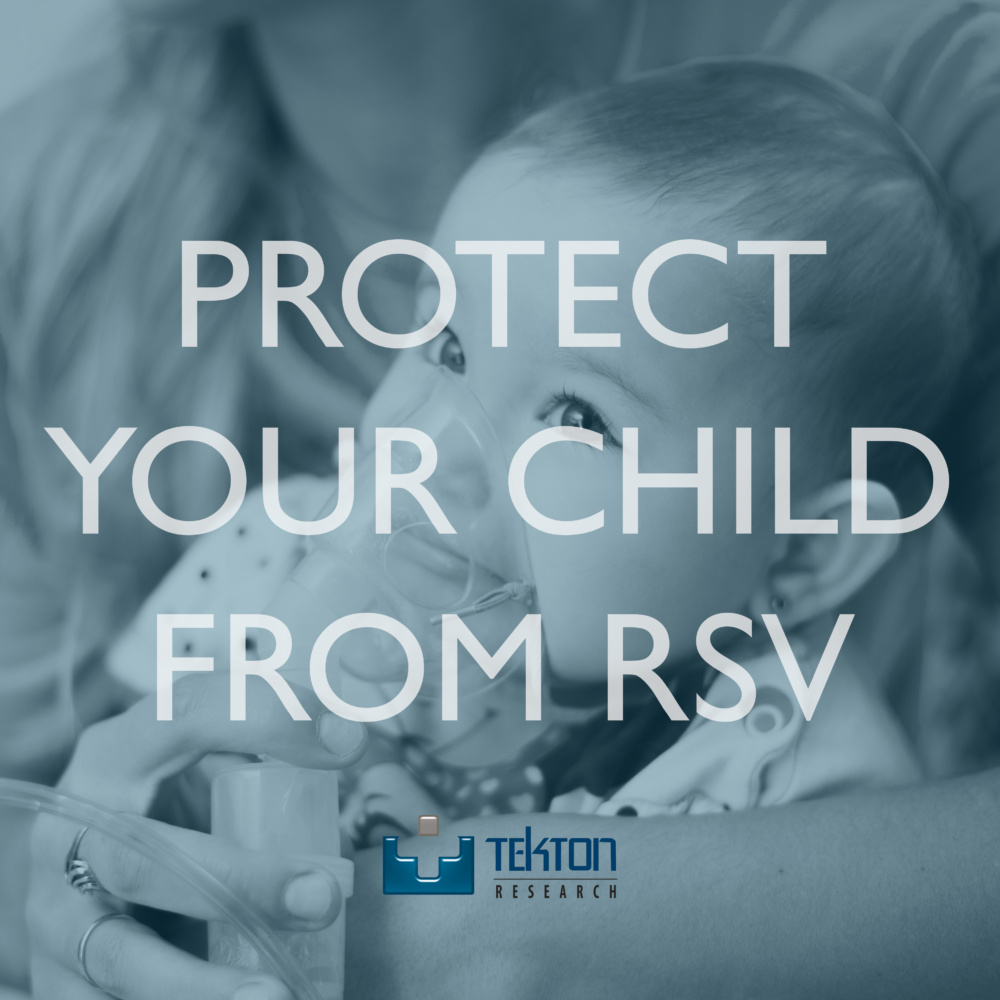Provided By: Tekton Research
From Los Angeles to New York, measles is making the rounds in the United States. From a public health perspective, 2014 was an unusual year with more outbreaks of measles in the first few months of the year than is normal. What makes this so remarkable is the fact that there is an effective vaccine for preventing measles. Unfortunately, more and more parents are opting not to have their children vaccinated and adults aren’t following up either.
Mumps has also made a resurgence recently. A dorm in New Jersey reported an outbreak of mumps, which can cause sterility, in early April 2014. As the deadly scourges of the past fade from memory, it seems people have forgotten just how dangerous many vaccine-preventable diseases are. This article looks at the top ten reasons to consider vaccination.
1. Vaccines Reduce Risk of Death
Prior to the introduction of the measles vaccine, more than 500,000 children contracted the disease each year and roughly 500 died as a result. Others developed swelling in the brain and even scarring of neural tissue that led to long term disability. Unlike smallpox, measles has not been eradicated as a result of vaccination, partly because the vaccine was never administered on the scale that the smallpox vaccine was. This means that it is still possible to contract measles today.
Whiles measles isn’t common in the U.S., a lack of vaccination on a substantial scale will make it more common. Additionally, immigration brings new cases of the disease to the country each year. Of course, measles isn’t the only condition to worry about. Other disorders like influenza, pertussis, shingles, meningitis, and pneumonia can all be prevented through the use of vaccines and are all more common in countries without vaccination. According to the World Health Organization, vaccines reduce the risk of contracting a disease by more than 90% in individuals. When herd immunity is taken into account (discussed later), vaccines reduce the risk of contracting a particular disease by close to 100%.
2. Vaccines Reduce Rates of Serious Health Complications
Vaccines don’t always completely eliminate the risk of contracting a disease, even if they do reduce that risk substantially. It is possible, even with vaccination, to contract any disease. That being said, if you do contract a disease that you have been vaccinated against, the chances of suffering serious complications are greatly reduced. Complications include things like heart disease, lung disease, nerve and brain damage, and more. Vaccines make it more difficult for a disease to take hold by preparing the body for infection. If the disease can’t take hold, you will have a less severe infection, even if you do contract the disease, and thus are less likely to suffer serious consequences over the long term.
3. Vaccines Reduce the Spread of Disease
People who study vaccines like to talk about something called “herd immunity.” Herd immunity refers to the fact that even if vaccines are not 100% effective, having a large enough percentage of the population vaccinated against disease will protect everyone, even those in whom the vaccine is not effective.
The rate of vaccination needed for herd immunity varies from one disease to the next but is usually somewhere around 60-80%. The fact that it need not be 100% may lead some people to think that they can forgo the vaccine because they think they will be protected by herd immunity. This is flawed thinking for two reasons.
First, consider the idea that when vaccination drops low enough, herd immunity will disappear and you’ll be at risk. This could happen at any point in your lifetime and may result when traveling to a location with lower rates of vaccination, there is a change in levels of vaccination in your location, there is an unanticipated failure of a batch of vaccine, or you are simply unlucky and come into contact with the disease.
In short, you are directly contributing to the problem of reduced herd immunity by not being vaccinated and are thus putting yourself and others at risk.
The second reason not to rely on herd immunity is the fact that not everyone responds to vaccines. So, if 10% of the population gets the vaccine and doesn’t respond and another 10% simply doesn’t get the vaccine, then the population outside of the protection of herd immunity for a given disease. Everyone needs to be vaccinated to account for the fact that some people’s immune systems don’t respond to vaccination.
4. Some People Can’t Receive Vaccines
Besides the fact that some people don’t respond to vaccines, some people simply cannot receive them in the first place. Pregnant women, people undergoing cancer treatment, and people with certain immune system problems cannot be vaccinated. If you get vaccinated, you’ll be helping to raise herd immunity and thus be helping to protect those individuals who cannot get a vaccine.
5. Missing Out
Vaccines keep you healthy, reduce time away from work, and reduce time spent convalescing. Most people don’t enjoy being sick, so why not reduce the opportunity for illness when you have the chance? What is more, if you do contract certain diseases (e.g. measles, pertussis), you will probably be quarantined and not allowed in many places until you recover. These are serious diseases and so people will rightly be afraid to have contact with anyone diagnosed with a vaccine-preventable disease.
6. Cost
Vaccines cost anywhere from a few dollars to a few hundred dollars. Even if you paid the entire cost of vaccination from your own pocket, you won’t come anywhere close to the price you will pay if you contract some of these diseases. Measles may require an ICU stay, pertussis will make you sick for a month at least, pneumonia may require IV antibiotics, and meningitis could kill you. The price of treating any of these diseases is far greater than the cost of a vaccine, so from a strict cost-benefit analysis, getting vaccinated makes perfect financial sense.
7. Travel
Many countries require you to be vaccinated if you want to visit them. You may be unable to vacation, passed over for job opportunities, or unable to take certain work simply because you aren’t vaccinated. International travel almost always requires vaccination, so you might as well save yourself the trouble down the road and do it now.
8. Vaccines Do Not Cause Disease
It is a popular misconception that vaccines can cause the disease they are designed to prevent. This is not true. There are two types of vaccines, those that contain killed pathogens and those that contain parts of pathogens. In either case, there are no living pathogens in vaccines that would be able to cause disease.
It was once the case that certain vaccines, like the polio vaccine, could cause the disease they were designed to prevent because they contained weakened forms of the pathogen, rather than dead forms or just parts of the pathogen. This is no longer the case with any vaccine except the chickenpox vaccine and the MMR vaccine, both of which may cause a mild rash, but won’t cause full-blown chickenpox or measles.
9. There Is No More Thimerosal
Vaccines no longer contain thimerosal, a compound containing mercury, except for certain versions of the flu vaccine. So, when you go to get the flu vaccine, just ask for the thimerosal-free version. Everything else contains different preservatives that are much safer. In truth, no disease has ever been linked to thimerosal in any study. Nevertheless, vaccine manufacturers have chosen to switch to other preservatives. Preservatives are necessary, however, to avoid contamination with bacteria and other diseases.
10. Autism Is Not Linked to Vaccination
Loads of evidence have accumulated over the years to reject the idea that autism is linked to or caused by vaccines. The MMR vaccine was the major target for most people who felt that vaccines caused autism and so it was studied the most extensively across various populations and in different studies. Fourteen studies have shown that there is no link between the MMR vaccine and autism.
Similar studies investigating a link between vaccines and sudden infant death syndrome (SIDS) have also found no link. There is absolutely no evidence at all to suggest that vaccines negatively impact development or cause disability. There is, however, an abundance of evidence to support the role of vaccines in preventing disease, disability, and death.
Don’t Wait, Vaccinate!
“Don’t Wait, Vaccinate!” is a slogan created by the Centers for Disease Control. Its purpose is to encourage everyone to vaccinate themselves, their children, and dependent parents. The truth is that vaccines save lives, prevent hospital stays, and save money in a healthcare system that is already overtaxed. Getting vaccinated is smart, it’s as simple as that.






Recent Comments